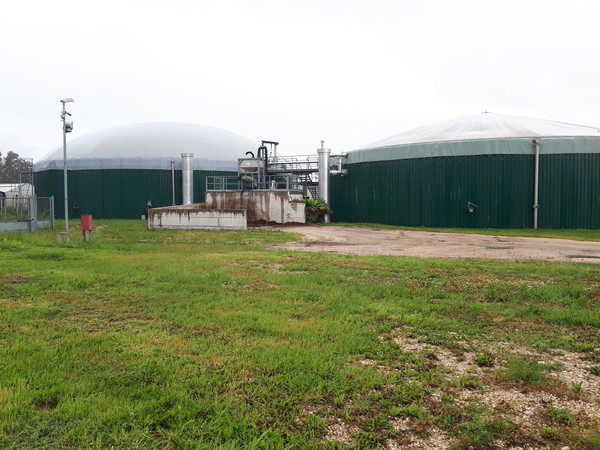
A working group at MiSE on Biomethane in the agricultural sector
The use of biomethane can bring new opportunities for mechanized agriculture. To examine this issue in a perspective of supply-chain, the MiSE (Ministry of the Economic Development) established a technical work table with Italy's main stakeholders, among which FederUnacoma
Today, biomethane can be considered as the ideal fuel to be used for a sustainable mobility and to achieve the goal of renewable sources in the transport sector within 2030. In a perspective of circular economy, in compliance with both EU and national directives, biomethane from agriculture has the great virtue of enhancing residues and renewable raw materials such as livestock waste, by-products from agriculture and food sector as well as other biomass derived from the integrated crops. Therefore, the desired development of a national supply-chain of this kind would bring consequent positive results in terms of NDP, create new employment opportunities and consolidate the Italian leadership on a global level, as happened for the biogas. Italy is today the fourth biogas producer in the world, with about 1,700 plants, and over 6,400 permanent jobs.
For these reasons, upon an initiative promoted by the State Secretaries Davide Crippa and Andrea Cioffi, on 10 July a meeting took place at the MiSE with the aim of collecting evaluations and discussing the perspectives of biomethane development within the agricultural sector. At the meeting, the main stakeholders of the sector were invited (such as Assogasliquidi, Coldiretti, Confagricoltura, Cib, Cnh Industrial, Eni, Liquigas, Sapio, Snam, and FederUnacoma) as well as the representatives of technical secretariats of the Ministry of Agricultural, Food and and Forestry Policies and of the Ministry of the Environment.
During this first meeting, the following issues concerning biomethane were discussed: conversion of traditional power plants into biogas fueled plants and plants for the liquefaction of biomethane; the potential use of biomethane to fuel innovative agricultural machines. With regard to this last issue, in particular, FederUnacoma will be able to provide a useful contribution, by collecting ideas and opinions from its members. The attention paid by several manufacturers toward the production of biomethane-fueled tractors is high and the MiSE is interested in understanding the degree of technological development achieved, as well as the time and costs required for the commercialization of machines. All the conditions for the introduction of biomethane engines into the market exist and draw strength from the fact that, today, Italy is already the first market in Europe for methane consumption (with about 1.1 billion cubic meters) with over 1,300 fuel stations and about 1 million circulating vehicles.
Despite these premises, investments in this sector are strongly delayed, due to the uncertainty surrounding the regulatory system and a lack of projects shared by all the parties interested. Due to the complexity of this issue, Davide Crippa invited all the parties involved to send their contributions to the technical secretariat in order to draw an effective strategy. Next meeting will take place after summer.








